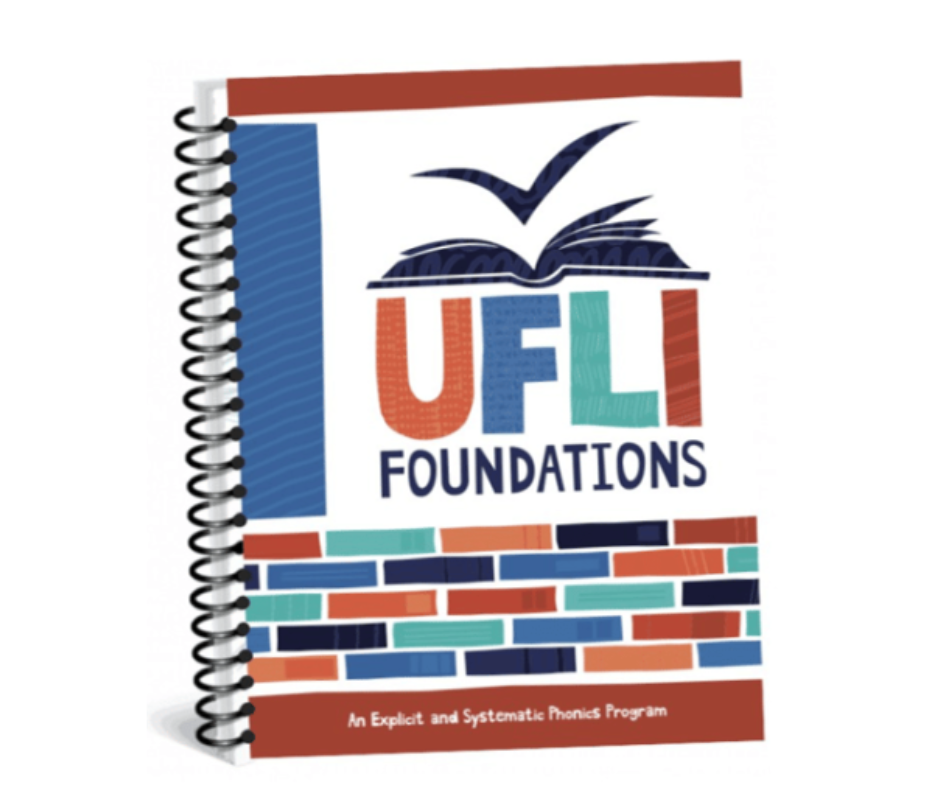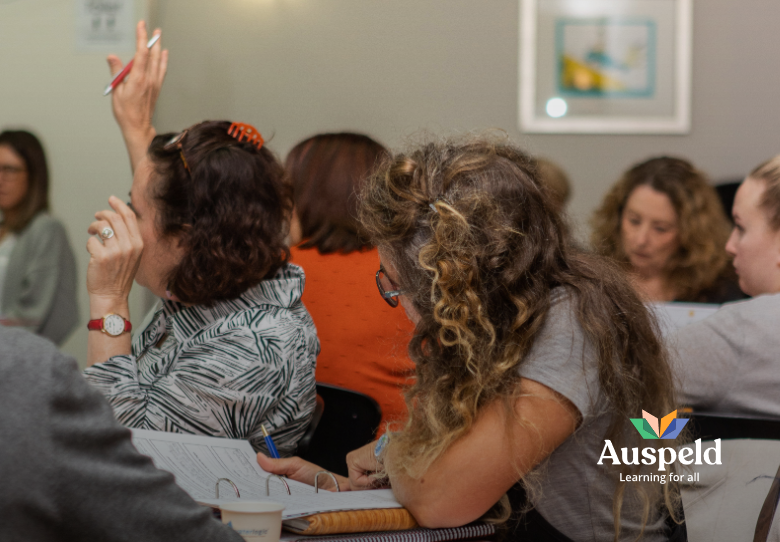
UFLI Foundations co-authors Dr. Holly Lane and Dr. Valentina Contesse will be presenting professional learning workshops around Australia in July 2023!
Workshop participants will have the opportunity to hear directly from the authors – not only about the research underpinning the program’s development and refinement – but also about the delivery, monitoring of student progress – and whole-school planning.
Each full-day workshop will include:
- A review of essential background knowledge about the science of reading
- An overview of the UFLI Foundations program
- An in-depth exploration of each lesson step
- Recommendations for progress monitoring and differentiation
Registrations are open via each state SPELD:
Sydney: Register with SPELD NSW
Adelaide: Register with SPELD SA
Perth: Register with DSF WA
Brisbane: Register with SPELD Queensland
Melbourne: Register with SPELD Victoria









